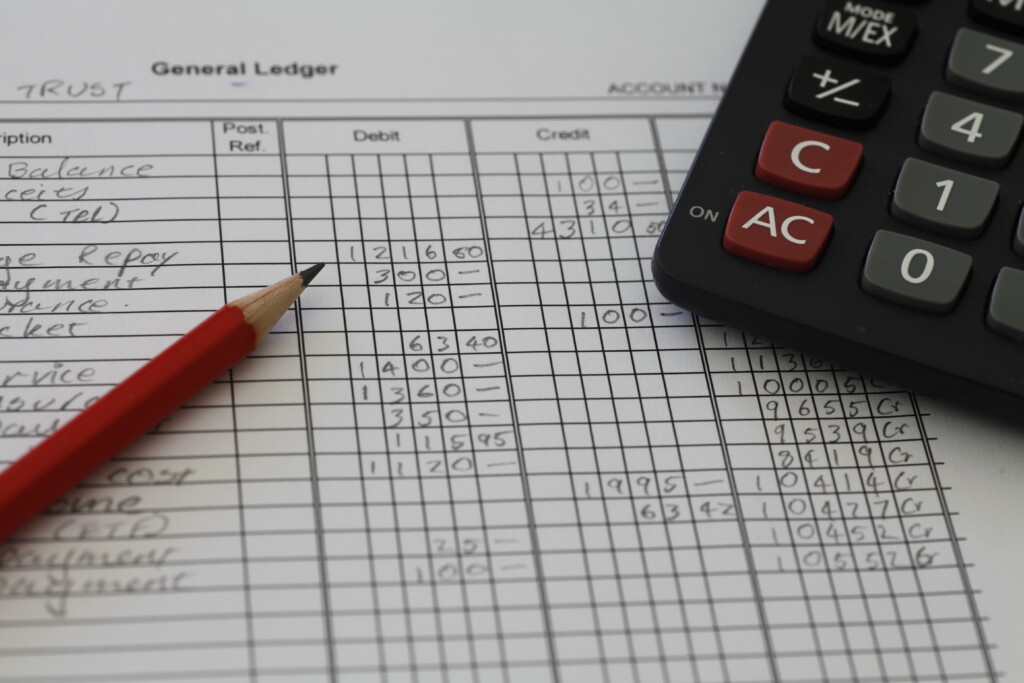


Bookkeeping is the process of recording your income, expenditure and receipts and payments in its simplest form. You can view how we do this here and what systems we use to ensure that this process is as efficient as possible…
Link to software run through
Bookkeeping is the foundation element to a strong business. It is your fundamental core records for reporting results and making business decisions based on those results.
Without up-to-date bookkeeping, you can lose track of customer records and hence fail to chase in debts you are owed.
If you’re basic bookkeeping is incorrect, the implications will be widespread. Meaning your business will have little scope for the future and you may have debts or taxes that have been missed, this can be damaging not only financially but also in terms of reputation with clients and HMRC.
Yes, you can. However, you know your business better than anyone and will understand that your time can be put to better use. Experienced bookkeepers are fast, accurate and can be very cost effective.
Bookkeeping is the recording of the initial raw accounting data. Good bookkeeping is the essential starting point in the production of management accounts but not the end of it.
When the bookkeeping work is done, the management accounts production and analysis of the numbers begins.
Management accounts take bookkeeping to the next level, quantifying raw data and interpreting these figures to give businesses a clear and accurate statement of affairs.
Whilst bookkeeping is your core entries of day-to-day activities, it does not consider issues such as timing of services, variations in stockholdings, depreciation of assets and many more issues that ultimately affect your bottom-line profit. That’s where management accounting steps in with adjustments to reflect the true performance of your business.
We have an array of experience working with general bookkeeping for companies of all sizes, we can offer rapid responses to any issues that may arise, and we will set up a communication network with your team, freeing up your time and resources. Our highly skilled team will look intricately at every aspect of your books to ensure nothing is missed.
To see how we can help you build better business, contact our team here to receive a free quote on a full package price.
To see what our clients think about this and other VFO services, see our testimonials here.
Why do I have to do bookkeeping?
Why can’t I keep paper records?
If I don’t do bookkeeping what are the consequences?
How does bookkeeping interact with Making Tax Digital (MTD)
Can you do my bookkeeping for me?
What are the advantages of outsourced bookkeeping?
What bookkeeping software should I use?
CALL US 01325 349700
Lines open 8.30am-5.00pm Mon-Fri
Join our mailing list today for insights, events and webinars: